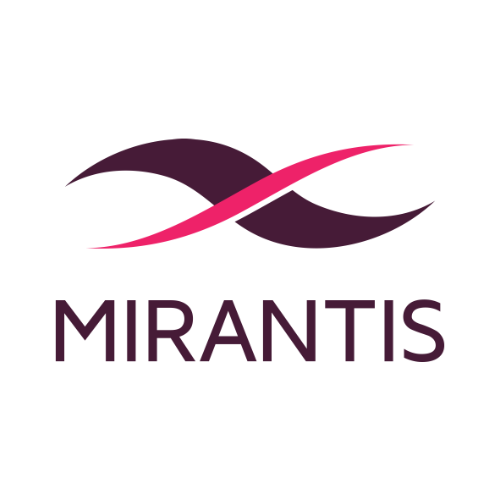Mirantis, leader in enterprise-grade Kubernetes support and cloud-native infrastructure, has announced Lens Control Center, allowing large enterprises to centrally manage Lens Pro deployments by standardizing configurations, consolidating billing, and enabling control over outbound network connections for improved security.
Lens currently supports over 1 million users in increasing their productivity in developing Kubernetes applications and boosting their efficiency in operating Kubernetes, with over 20,000 stars on GitHub. Lens is an open-source desktop application that simplifies the onboarding process for developers just starting to use Kubernetes and offers more experienced developers a dramatic boost to their productivity. As the largest and most advanced Kubernetes platform worldwide, it allows users to easily develop, monitor, manage, debug, and troubleshoot their workloads across multiple clusters in real-time, with Lens offering support for any certified Kubernetes distribution on any infrastructure. The desktop application comes with an intuitive graphical user interface and supports Linux, Windows, and macOS operating systems.
Lens Pro was introduced in mid-2022 with features for organizations that simplify the Kubernetes experience for development and operations teams. Since its launch, Lens Pro has been adopted by thousands of organizations seeking to reduce complexity, accelerate developer onboarding, and enhance productivity for cloud-native developers and operators. Lens serves as an alternative to a wide variety of tools such as editors, web consoles, and dashboards.
“Lens has a wide profile of users that include individuals and small teams who are easily able to manage their Lens Pro subscriptions and security configurations, but we have heard from our large enterprise customers that they need greater levels of centralized control management and support for their security needs,” says Miska Kaipiainen, Vice President of Product Engineering at Mirantis. “Lens Control Center enables those with large deployments to centralize and manage their security needs, plus ensure that users have the appropriate licenses and levels of access to be most effective.”
The new Lens Control Center offers customers the following features:
- Centralized management: Lens Control Centers offers a centralized control to standardize configurations and enable or disable Lens Pro features across users to ensure a consistent experience.
- Control over network connections: Enterprises are given the ability to restrict Lens from connecting to the Internet for all outbound traffic to align with network security policies, which is especially useful in highly-regulated businesses.
- Enterprise Single Sign-On (SSO) integration: With support for SAML and OIDC, enterprise users can conveniently and securely access Lens with corporate login credentials provided by other systems, such as Okta, Azure, or Active Directory.
- Account hierarchy with consolidated billing: Departments can manage their Lens feature configurations while consolidating billing to the parent organization. This also applies to Mirantis partners who have a consolidated overview of their customer accounts for easier management.






